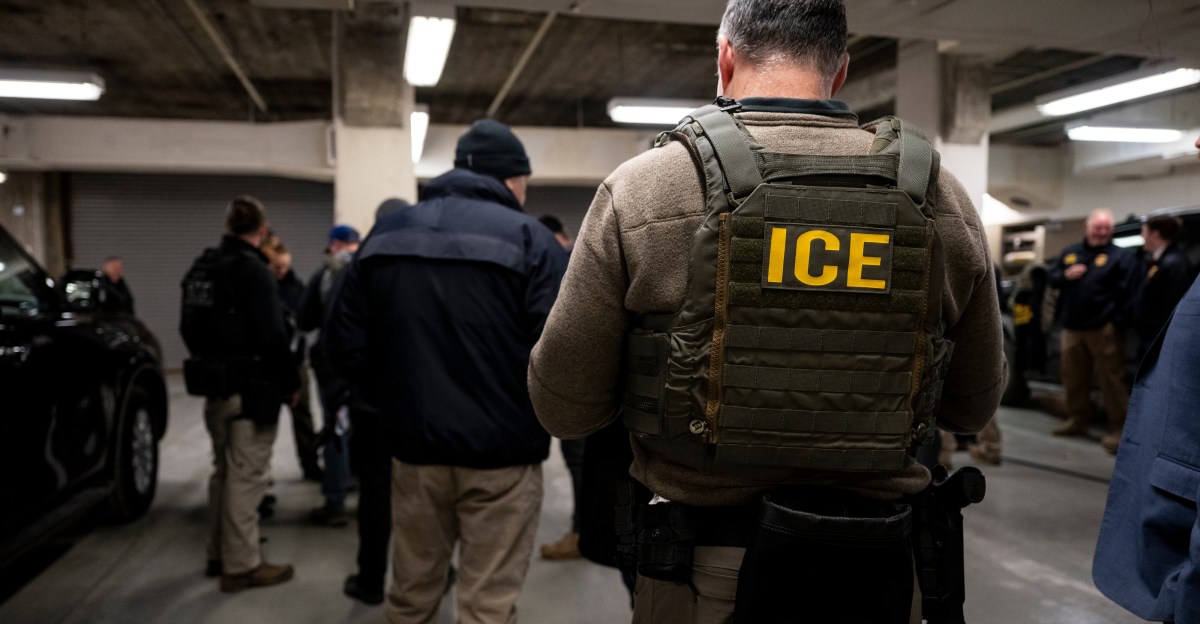The Supreme Court recently made a contentious ruling that impacts the futures of approximately 500,000 immigrants in the United States, primarily Cubans, Haitians, Nicaraguans, and Venezuelans seeking refuge from their home countries. This decision allows the Trump administration to revoke the legal status, known as “parole,” for these noncitizens, placing them at risk of deportation.
Justice Ketanji Brown Jackson, in a dissenting opinion that was supported by Justice Sonia Sotomayor, criticized the majority’s summary judgment, which came without a detailed explanation. Jackson pointed out that a previous federal district court had mandated that the Department of Homeland Security (DHS) evaluate each immigrant’s status individually rather than applying a blanket policy. This ruling aimed to protect immigrants who had previously been granted parole, a temporary status that also allowed some to work legally in the U.S.
The Trump administration argued in its brief that its decision to terminate these individuals’ parole is within the legal framework, citing a federal law that limits judicial review over certain immigration decisions made by DHS. They asserted that the department has the discretion to grant or deny parole for immigrants.
Justice Jackson acknowledged that the administration might ultimately win in a full trial, but she judged the Court’s decision to lift the lower court’s order as hasty. She stated, “Even if the Government is likely to win on the merits…success takes time and the stay standards require more than anticipated victory.”
A significant point of contention among the justices is the use of the “shadow docket”—an expedited process allowing the Court to make decisions quickly without extensive analysis or oral arguments. Since joining the Court in 2022, Jackson has become a vocal critic of this practice, particularly its implications for equitable law enforcement and its potential to advantage conservative policies.
In her dissent, Jackson argued that the Trump administration did not sufficiently demonstrate an urgent need for immediate action, stating that no specific national-security threat or foreign policy issue was linked to allowing these immigrants to remain in the country longer. She highlighted that the government would still be able to revoke individual parole statuses if necessary, even under the previous district court ruling.
The Doe decision not only threatens the immediate protections for many immigrants but also raises broader questions regarding how the Supreme Court chooses to exercise its powers in relation to lower court rulings.

